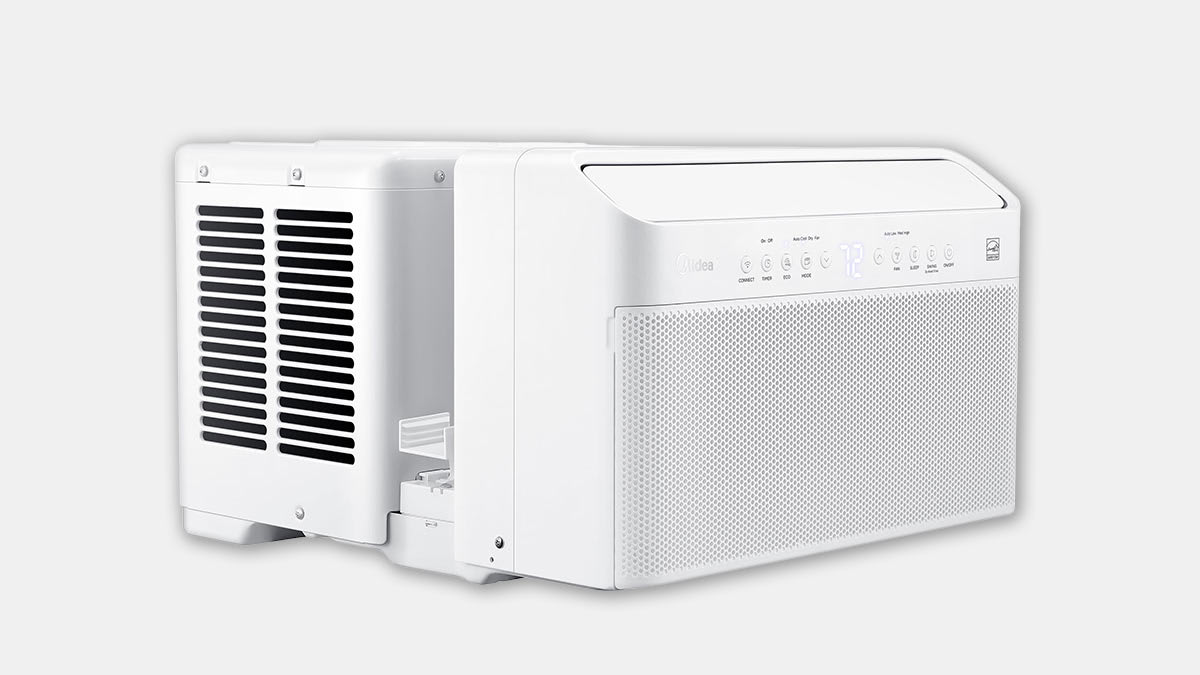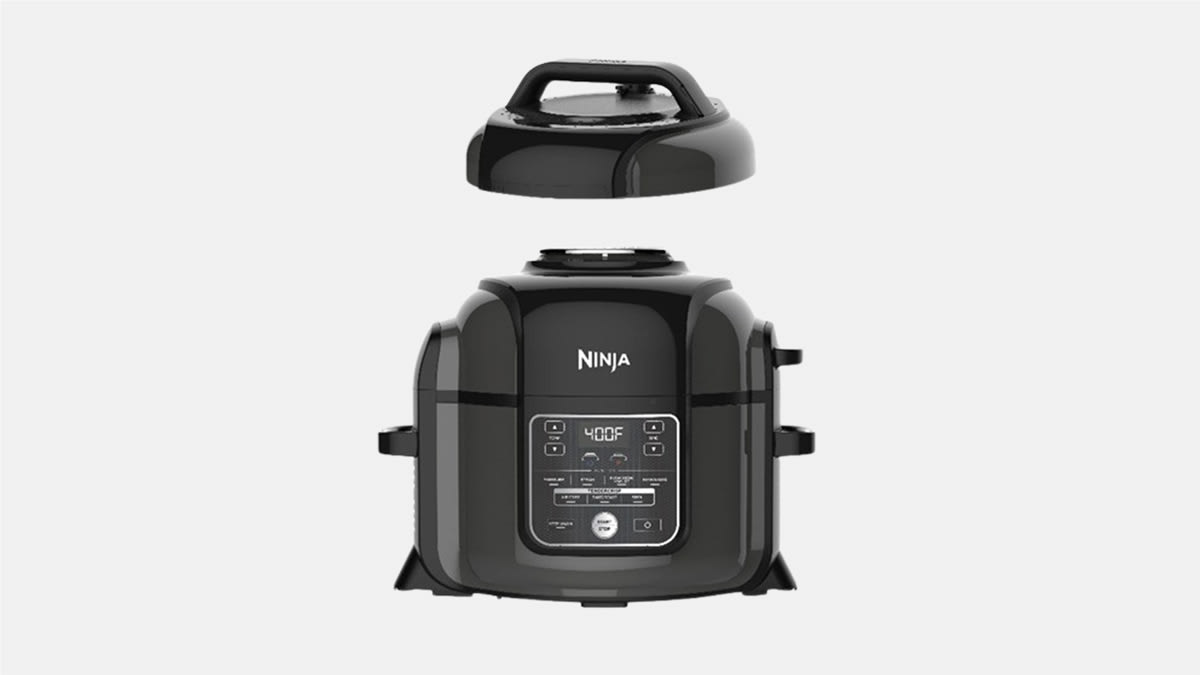Risk
-
Blog
Sun Protection Tips to Lower Skin Cancer Risk
There are three main types of skin cancer: basal cell carcinoma, squamous cell carcinoma, and melanoma. The first two are the most common. They usually aren’t fatal but can be disfiguring if not removed. Melanoma can be deadly, but is very treatable when caught early. These cancers can appear in many guises and are easy to overlook. “I tell patients…
Read More » -
Blog

Application security risk: How leaders can protect their businesses
The increasingly complex nature of software combined with pressure to develop and rollout new features quickly makes application security a growing challenge. Application development infrastructure is full of significant security risks, according to research by Legit Security. The issue is widespread – the researchers found high or critical risks in the developer environments of every company it examined. And there…
Read More » -
Blog
Midea Air Conditioners Recalled Due to Mold Risk
Products recalled: Midea U and U+ window air conditioners sold from March 2020 through May 2025 under brand names including Midea, Comfort Aire, Danby, Frigidaire, Insignia, Keystone, LBG Products, Mr. Cool, Perfect Aire, and Sea Breeze. The air conditioners came in 8,000-, 10,000-, and 12,000-Btu sizes and were typically sold for $280 to $500 at retailers including Amazon, Best Buy,…
Read More » -
Blog

Asus routers at risk from backdoor vulnerability
Analysts at cybersecurity firm GreyNoise have discovered an “ongoing wave of exploitation targeting Asus routers” that are exposed to the internet. According to the company, thousands of routers have been confirmed as being compromised, with the number continuing to increase. In a full analysis published by one the company, it was noted that “anomalous network payloads … are attempting to…
Read More » -
Blog

The edge devices security risk: What leaders can do
In today’s complex IT environment, an abundance of legacy infrastructure combined with a lack of visibility and patching make network edge devices a major security risk. It’s therefore no surprise that compromised network edge devices have rapidly emerged as one of the biggest attack points for small and medium sized businesses. That’s according to statistics from Sophos’ Annual Threat Report,…
Read More » -
Blog

Wifi network attacks: The risk to businesses
Attacks designed to exploit weaknesses in Wi-Fi networks are on the rise, with hackers increasingly targeting vulnerabilities in Wi-Fi infrastructure to gain unauthorized access, intercept sensitive data and launch further attacks. The main area of concern is the deauthentication attack; a form of denial of service (DoS) attack that takes advantage of a basic flaw in the 802.11 Wi-FI protocol…
Read More » -
Blog

HSBC says get back to the office or risk bonuses – and history shows it’s a tactic that might backfire
HSBC has told UK staff they risk bonuses unless they return to the office as the financial services giant cracks down on hybrid working policies. According to reports from Bloomberg, HSBC told employees that those who don’t come into the office at least three days a week could end up earning less money due to reduced bonus payouts. As part…
Read More » -
Blog

OpenAI just made its first hardware acquisition with a deal for Jony Ive’s startup – but Altman’s $6.4 billion moonshot is a huge risk
OpenAI has announced it will acquire io Products, a hardware company founded by former Apple chief design officer Jony Ive. The deal, reportedly worth $6.4 billion, will see io brought under OpenAI’s roof as the company pursues what CEO Sam Altman described as “a new generation of AI-powered computers” in a post on X. Io was founded in 2024 by…
Read More » -
Blog

North Korea ramps up cyberspying in Ukraine to assess war risk
The state-backed North Korean threat group Konni (Opal Sleet, TA406) was observed targeting Ukrainian government entities in intelligence collection operations. The attackers use phishing emails that impersonate think tanks, referencing important political events or military developments to lure their targets. Proofpoint researchers who discovered the activity in February 2025 suggest that it’s likely an effort to support the DPRK’s military…
Read More » -
Blog
SharkNinja Foodi Multi-Cookers Recalled Due to Burn Risk
The risk: The pressure-cooking lid can be opened during use, causing hot contents to escape, posing a risk of burn injuries to consumers. Incidents/injuries: SharkNinja has received 106 reports of burn injuries, including more than 50 reports of second- or third-degree burns to the face or body. Where and when sold: Amazon, Costco, Sam’s Club, Target, and Walmart stores nationwide,…
Read More »




